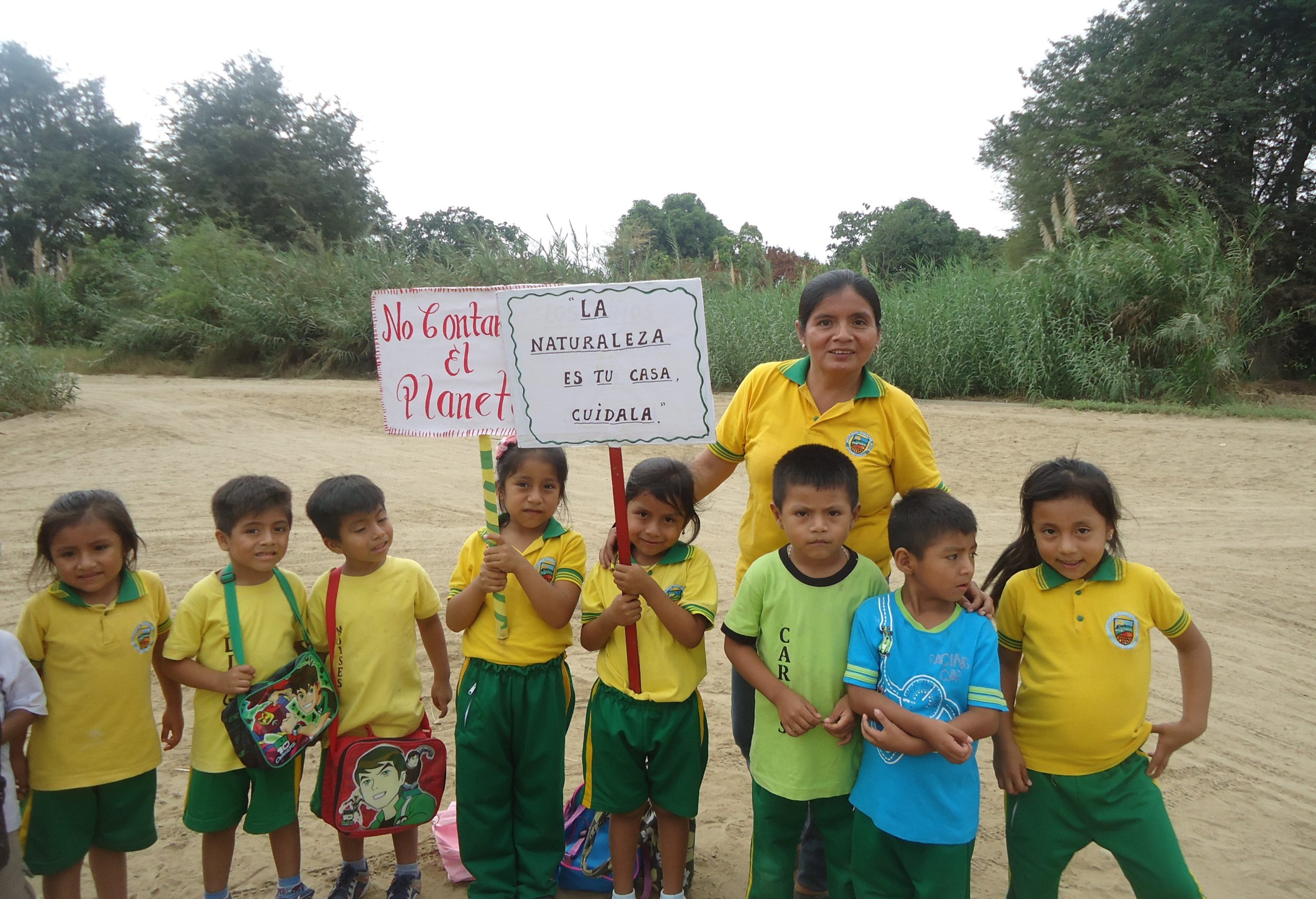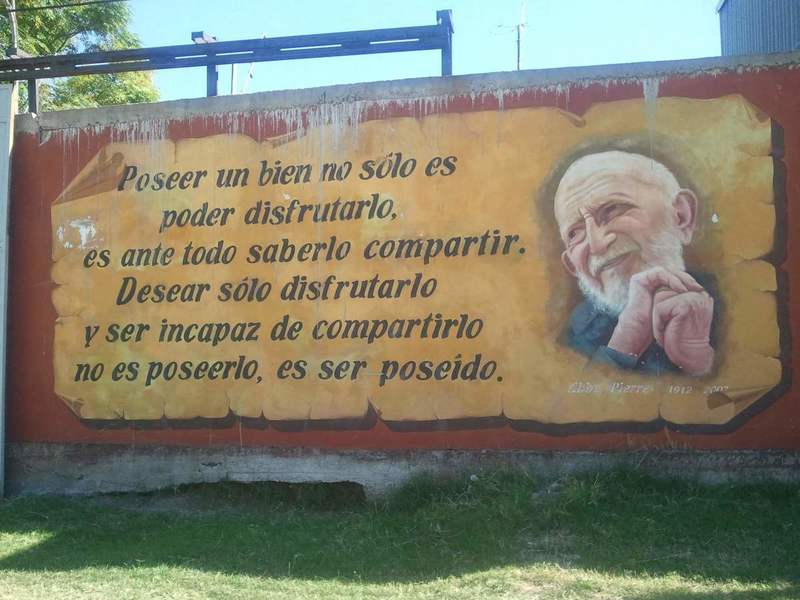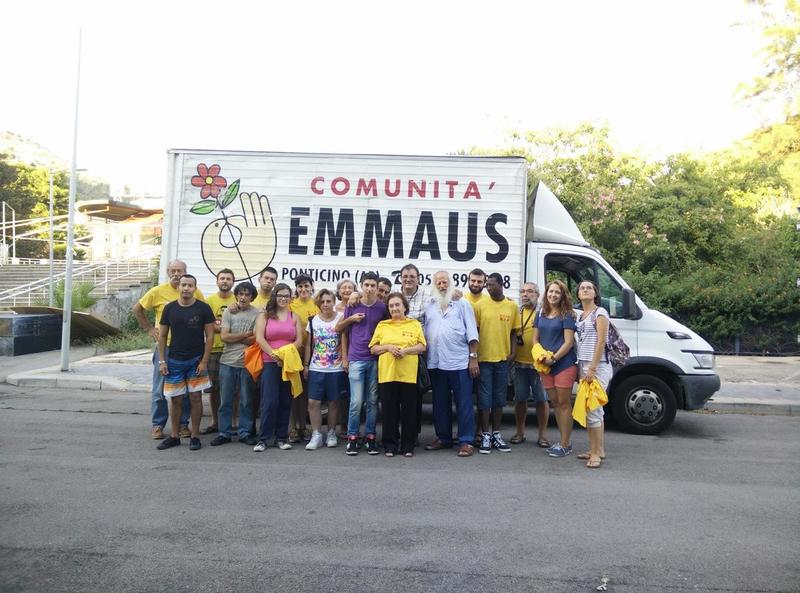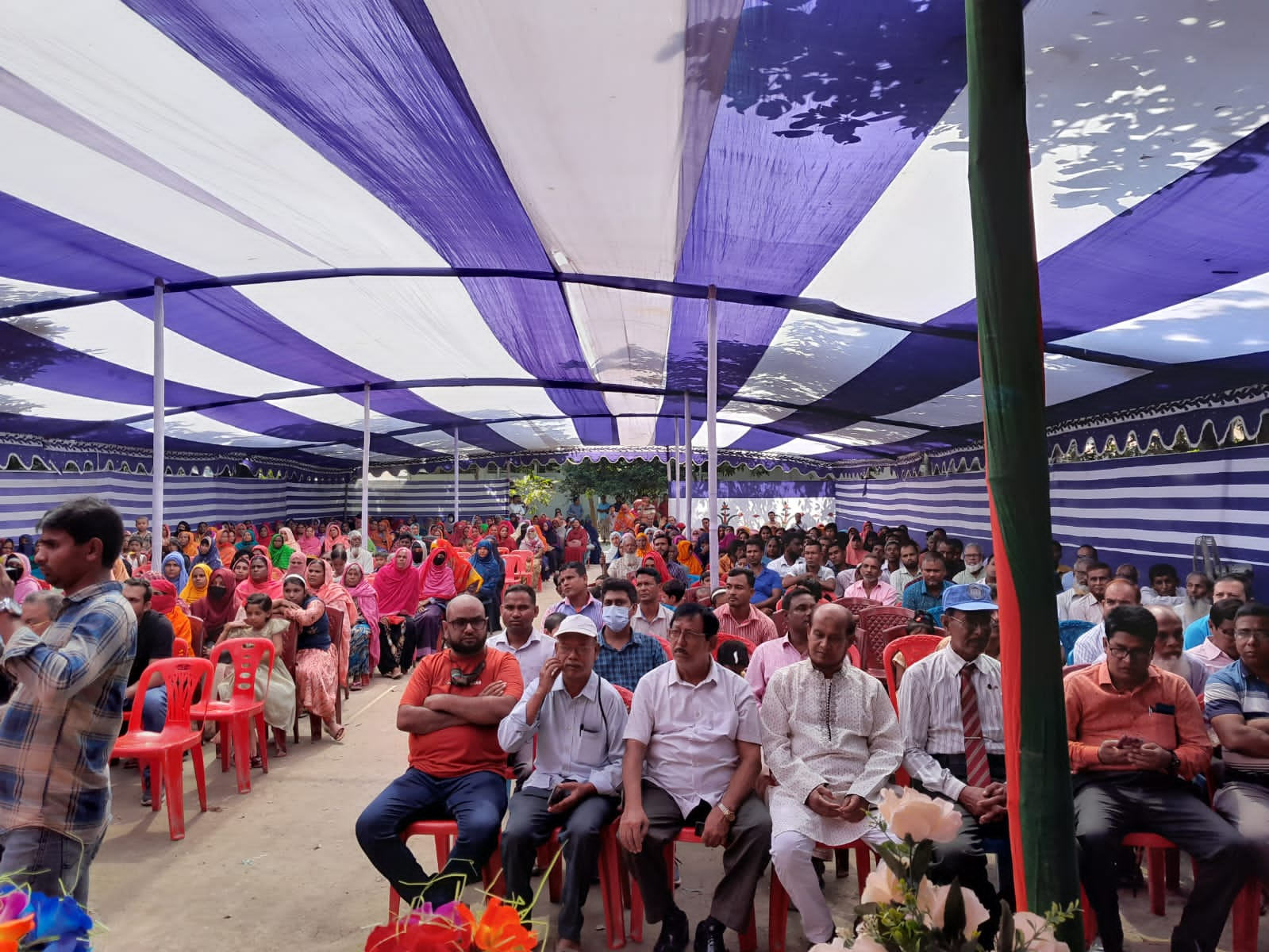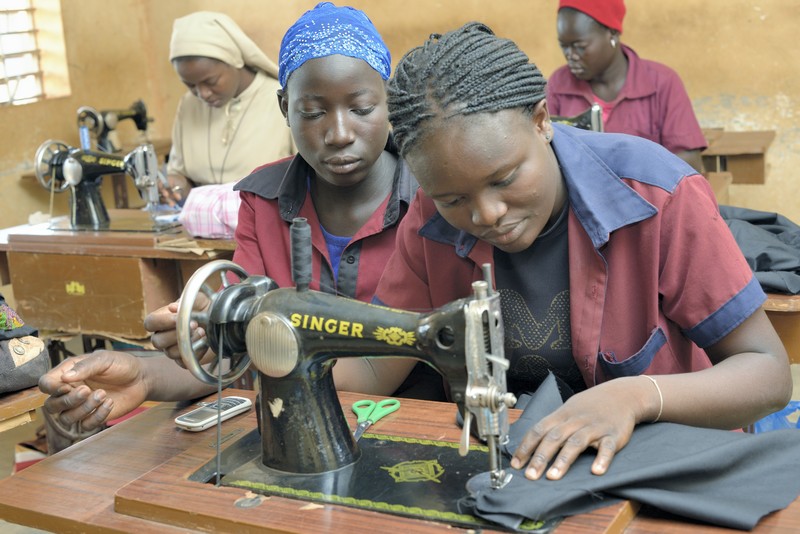
Satu Mare – Romania
Integrating young people facing problems
THE CONTEXT OF YOUR INITIATIVE
Sadly, since 1989 and the fall of the Ceaușescu regime, Romania has been known for the poor quality of its orphanages and the high number of children living in such establishments. Today, young people who grew up in these orphanages are left to their own devices, without having received any form of schooling or education and having lived in terrible conditions. There a few social structures in place to help them and to facilitate their reintegration into Romanian society. Our association was set up to support young people who grew up in orphanages and who have been left helpless. That said, it rapidly expanded to also help young homeless people, victims of abuse or trafficking, and young people marginalised from society after years of living on the streets. Our community is located in Satu Mare in north-western Romania. We welcome 25 companions aged 18 to 30. When they arrive they are integrated into our community house, the Casa Mara, so that with time they can rebuild themselves and find their place in society.
THE ACTIVITIES CARRIED OUT AS PART OF YOUR INITIATIVE
We welcome companions in a big community house where about 25 young people live. Integrating into the house is a bit like integrating into a big family. Learning about personal hygiene, helping with domestic tasks and cooking meals together enables people to build up social relationships and to take part in community life. Each evening, volunteers or members of the association’s staff help to prepare meals and organise social activities in the house such as cinema evenings or board games. There are 35 people in the community and there are often birthdays, even weddings, and new opportunities to spend time together and build strong relationships. On festive occasions, we go on holiday with the whole association.
We base our work on reintegrating the companions into the labour market. They work in two shops that we opened in the centre of Satu Mare. We sell furniture, sofas, crockery, toys and electronics. We work in partnership with other Emmaus communities in France and England who we sell merchandise to. Each time, a team of companions and volunteers go to the community to help load the merchandise onto the lorries. Over time, being welcomed, supported by one another and working together has enabled us to build strong relationship between our communities. These links are reinforced by setting up companion exchanges. Each year, several of our companions undertake internships in French, English and German communities and we welcome companions from other groups. These internships are part of the process of enabling our companions to become independent. They’re the first step towards a more independent life.
Finally, our association is involved in organising activities in the wider community to forge links with local establishments and the public. We organise weekly activities in orphanages and city placement centres, as well as training sessions for pupils at a school and any interested companions to gain qualifications as youth workers. Our volunteers also act as classroom assistants for French and history lessons at a school in Satu Mare.
WHO IS INVOLVED FROM OUR GROUP?
We have about 30 companions who fall under one of the following profiles:
– Young people leaving orphanages: 24 years after the fall of the Ceaușescu regime, integrating young people who have grown up in the child protection service still poses a serious social problem in Romania. They often have no money, no professional qualifications, are poorly educated and are unprepared for independent life. These young people need a proper springboard to access the labour market as well as a place to stay when they leave the establishments where they grew up.
– Victims of human trafficking: Young victims of trafficking usually need a protected working environment in which they can gradually rebuild themselves, regain confidence in themselves and others and thus find their place in the wider working world.
– Young people marginalised from society (especially Roma): These people tend to be poorly educated and qualified, suffer discrimination on numerous levels (including at work). Such young people need real support in terms of training and integration to gain the skills they need to enter the world of work and find their place there.
The organisation’s team is comprised of staff and volunteers, Romanian and French, professional social workers as well as people from various professional backgrounds. The team is currently comprised of two managers, four social workers and six volunteers.
WHICH PARTNERS ARE YOU WORKING WITH ON THIS INITIATIVE?
FUTURE PROSPECTS
Our main achievement is when a young person leaves our organisation on a positive note and manages to become independent. Each year, young people arrive, regain confidence in themselves, benefit from a reassuring environment, training, and manage to approach their future in a calm manner.
http://bit.ly/2iDtUeM
WOULD YOU LIKE TO ADD ANY INFORMATION ABOUT YOUR INITIATIVE?
WHAT ARE YOUR PROSPECTS?
We would like to develop a collection and donation network in the Satu Mare region. To do so, we would need to advertise and need the Emmaus movement to be known in the region. We also need another van to continue our deliveries and collect local donations.
Today, all of our companions are employed through classic employment contracts, there is no specific statute. The more our organisation grows, the harder it becomes to pay our staff’s salaries. We’re therefore now starting to draft a statute.
Latest news
